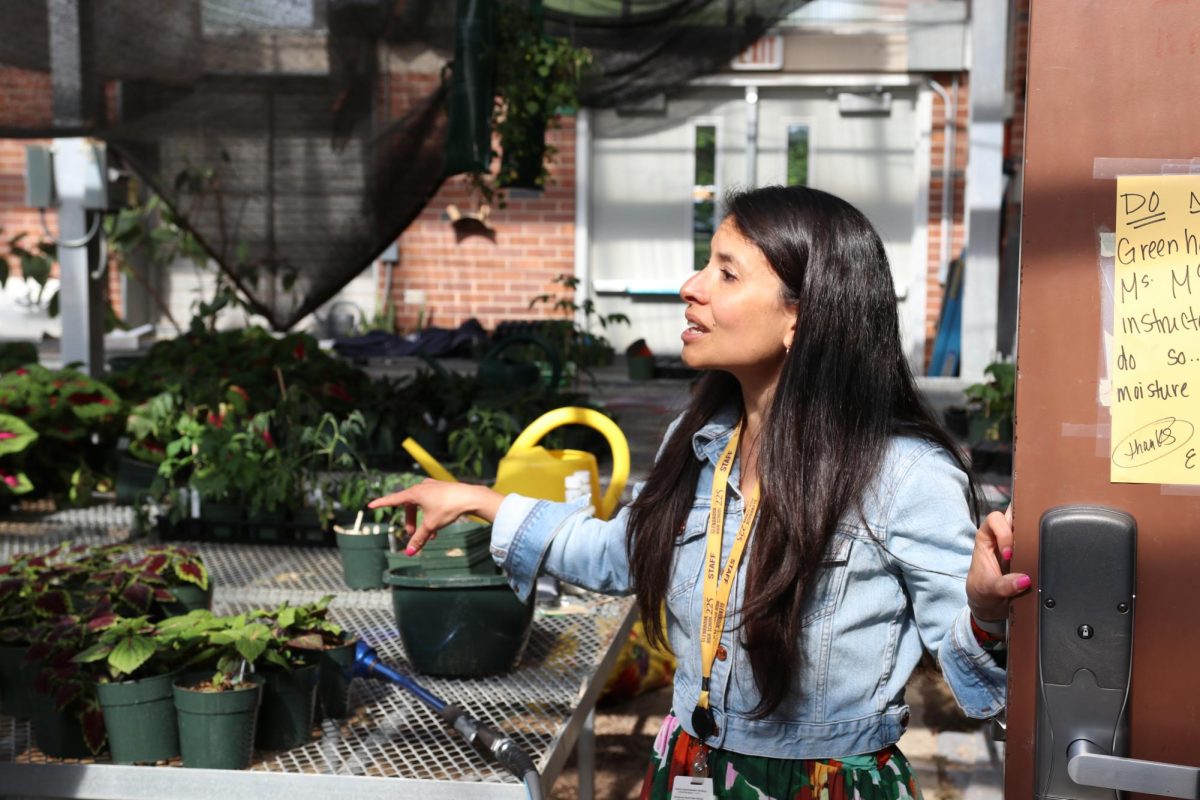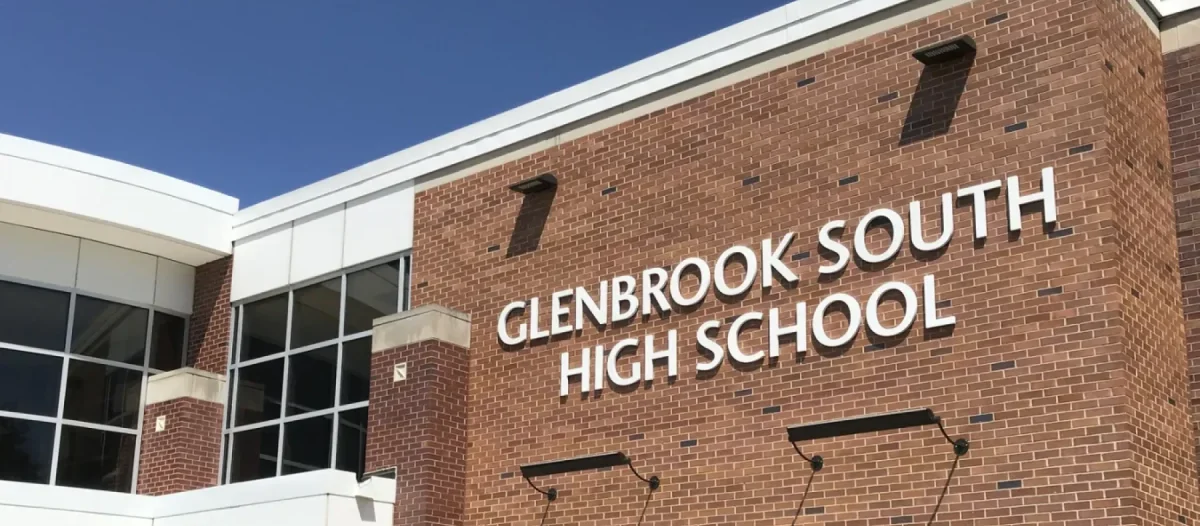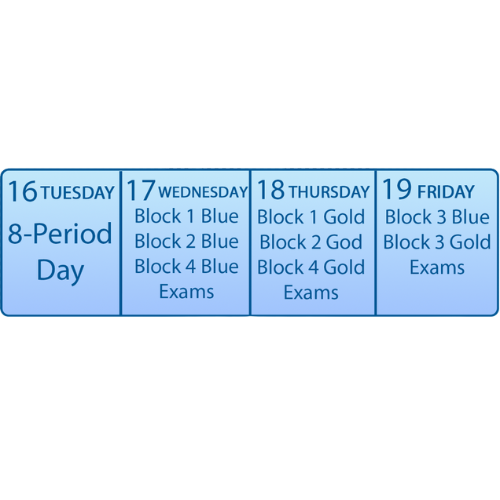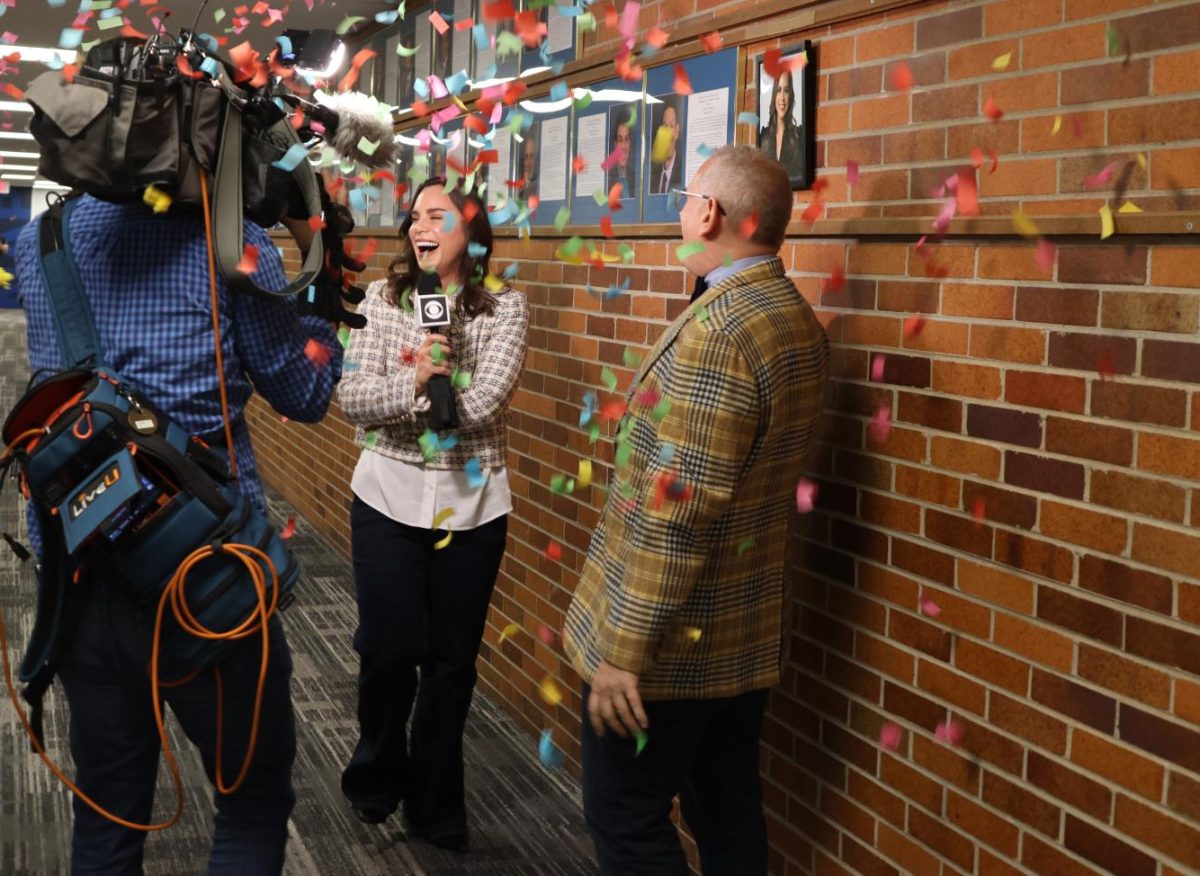Science Teacher Lisa Pavic has joined the College Board Development Committee, a committee which aims to advance the careers of higher education professionals, to improve Advanced Placement Environmental Science (APES) classes across the country.
College Board, which administers standardized tests, such as AP exams and the SAT, has a separate committees to develop its AP tests. Pavic was asked to join the APES committee for one year, with an option to renew for an extra two years, because of her past experience in the Project-Based Learning (PBL) program. The PBL is a separate College Board program that strives to make class curriculum engaging, Pavic said.
The biggest change Pavic and the other members of College Board Development Committee are trying to make with AP classes and exams is to prove to students that educators appreciate expertise over memorizing. Using the APES Exam Description as a guide, Pavic creates projects that encompass main ideas related to both the APES class and the AP exam. In Pavics class, College Board ideas are being taught through projects rather than lectures, Pavic said.
“I’m really excited to be a part of that process because it shows students that [College Board cares] about skills and big picture ideas, [rather than] memorization,” Pavic said. “There are skills we want you to take into college [such as] being able to solve problems and being able to read a complex text [instead of just reading a textbook].”
One of Pavic’s APES students, senior Charlie Zebell, describes the class as independent and engaging. Pavic makes the class unique by using labs to convey important class materials, Zebell said. One of the unique aspects of APES is the project based portion. Unlike other lecture centric AP classes, students get to learn at their own pace, Zebell said.
“We were learning about oil fracking, which is extracting oil through rocks,” Zebell said, “We did a [multi day] project where we were an island community as a class [to learn more about how fracking effects communities].”
The main reason that APES is special is because of the life lessons that are taught and how it encourages students to enact change in the world, Pavic said.
“We have the potential to make change,” Pavic said, “[Part of APES is] learning that you have the chance to make a difference on your campus and in other realms of your life.”








